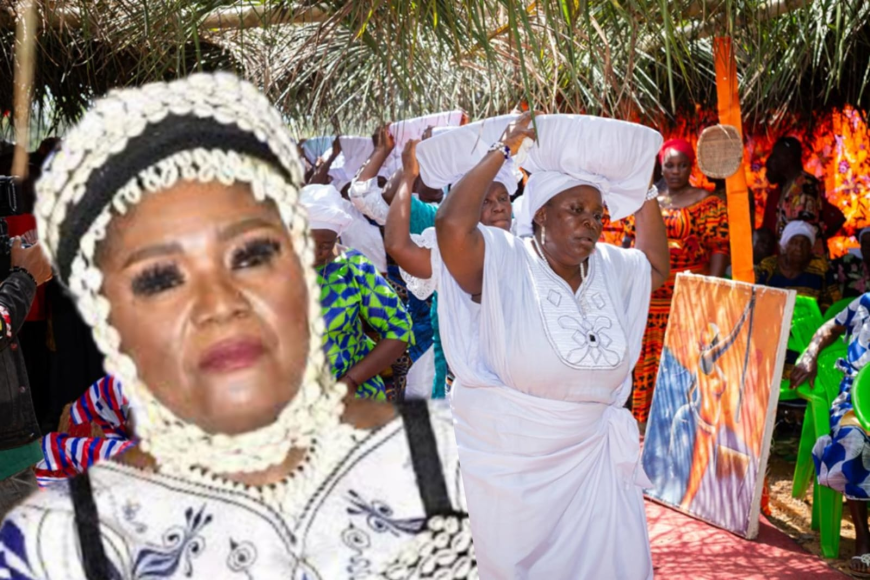Nimba County: Former Culture Ambassador of Liberia, Juli Endee has expressed deep concern over an article published in the New Dawn Newspaper referencing traditional women from Nimba County threatening to resume the practice of Female Genital Mutilation.
In a release Wednesday September 11, 2024, Former Culture Ambassador Juli Endee said the practice of FGM was banned by the government of Liberia due to its harmful effects on women, who are often victims of this practice.
According to her, FGM has been factually proven to violate the fundamental rights of women, many of whom are forced to partake in this ritual against their will. It has also been shown to compromise the safety of female participants, both women and girls.
She said as a lifelong advocate and proponent of women's rights, she has supported and participated in efforts that led to the ban on FGM and will continue to support the prohibition of this harmful practice, saying that she believes in the rule of law and will continue to uphold and respect it.
In Liberia, Female Genital Mutilation (FGM) is a significant issue, particularly in rural areas where traditional practices are prevalent. The practice is often conducted as part of cultural rites of passage and is deeply embedded in some local traditions. In Liberia, FGM is typically carried out by traditional practitioners and is linked to beliefs about femininity, purity, and social acceptance.
The Liberian government and various organizations have been working to address FGM through legislative measures and advocacy. In 2011, Liberia passed a law criminalizing FGM for minors, which is a step towards reducing the practice. However, enforcement remains a challenge, and cultural resistance can complicate efforts.
International organizations, NGOs, and local activists are actively involved in raising awareness, providing education, and supporting community-based initiatives aimed at eradicating FGM and promoting the rights and health of women and girls.










































































